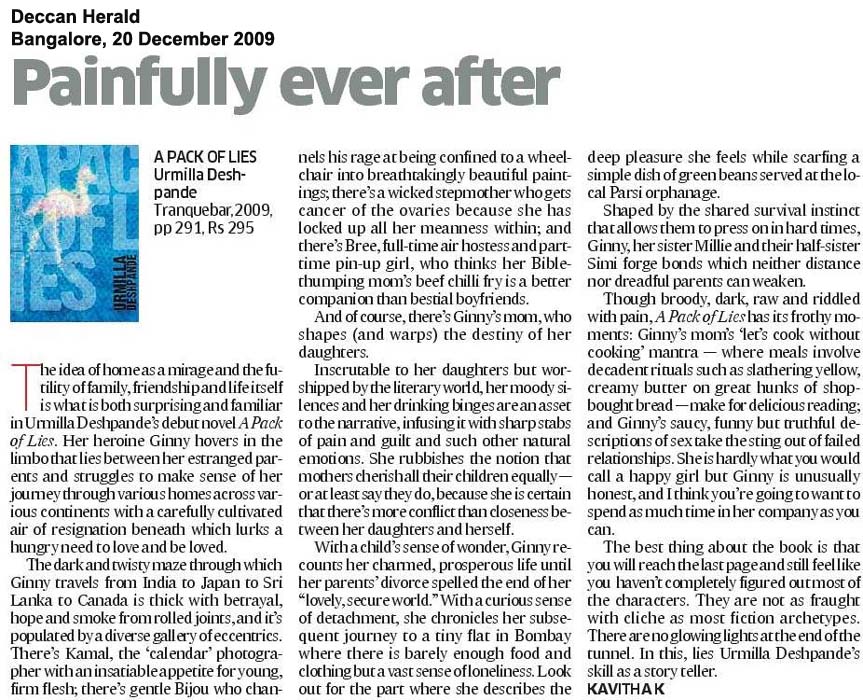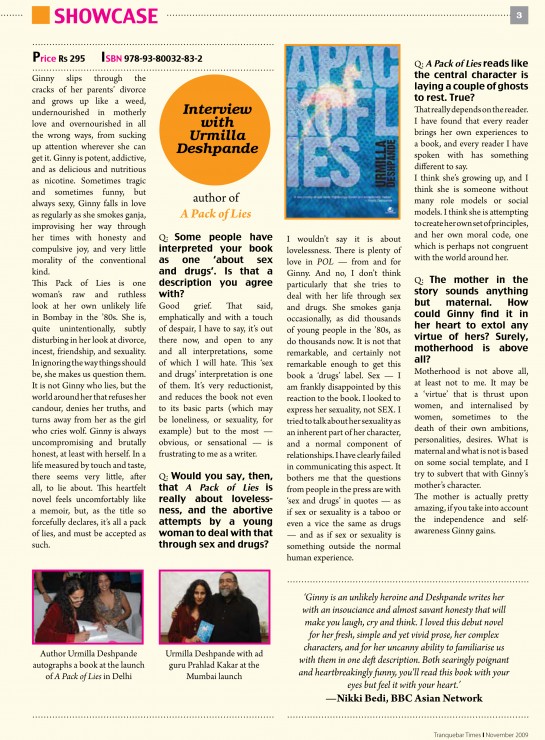http://johncheeran.blogspot.com/2011/01/madhouse-true-stories-of-inmates-of.html
 By John Cheeran
By John Cheeran
Here is an awesome book.
Madhouse: True stories of the inmates of Hostel 4, IIT-Bombay is going to be a trendsetter. It puts together utterly common and uncommon moments from the lives of a group of students, achievers of some sort, for they cracked the JEE to get in to the IIT.
Though all the recollections in Madhouse are specific to one of the hostels in IIT Bombay – there are 9 others, including a ladies hostel (hostel 10) but you don’t have to be an IITian to enjoy these true stories on hostel food, ragging, pondies, phone, entertainment programmes (EPs), copying, girlfriends and other assorted adventures.
These stories cover a timeline of less than 10 years (roughly a period ranging from 1972-1985) out of IIT Bombay’s more than 50-year history.
It’s an unputdownable book, especially if you remain young at heart. Any reader should be able to recall more than one occasion from his student/hostel life similar to that Madhouse speaks about. These colourful tales do make you nostalgic of a time of infinite freedom and immense pressure to live up to parental expectations.
Madhouse shatters a few myths regarding how above average and brilliant the guys and girls who make the cut to the IIT are. May be, after reading these true accounts, you would feel that what a bunch of quirky, degenerate and spoilt characters are these people, with no qualms about flouting rules of all kinds.
Some of these tales are absolutely wacky. Bakul Desai (contributing editor and a successful businessman based in Hyderabad) wanted to bring an elephant to the campus for the H4’s EP (entertainment programme). An enterprising Bakul, in his desperation, went to Antop Hill and had a negotiation with underworld don Varadaraja Mudaliar for renting out an elephant without knowing who the guy was. Later Bakul tells how they invented ways to use the public coin phone in the hostel without inserting coins. I burst out laughing when he described the day when a telephone department official came with a big bag to collect all the coins from the phone box but only to be shocked when he opened the box by the sight of matchsticks, broken strings, crumpled computer cards, rubber bands, clips, pins and an assortment of wires made of steel, copper, plastic, a wad of chewing gum and a 50 paise coin in the middle of it.
Who thought IIT students could be so enterprising?
Most of the heroes and heroines of Madhouse have done well in life. Many here recount that they learnt more by bunking classes than from classrooms.
Sudheendra Kulkarni, who was a commie then at IIT Bombay has traveled quite distance to become BJP ideologue and now an advisor to Trinamool Congress leader Mamata Banerjee. Manohar (Manu) Parrikar is another H4 inmate who became BJP chief minister of Goa and now the opposition leader in the assembly.
Urmilla Deshpande (editor) and Bakul Desai (contributing editor) deserve a toast for putting together this book. It was Bakul who took the lead to get the project on track. Urmilla played her role as a sensitive editor to perfection by letting these stories speak by themselves without the writer in her taking over to shape them. She realized that in these stories style and content were inseparable. She should know having married an H4 inmate Hashish Koj La (Ashish Khosla).
Posted by johncheeran at 12:17 AM

 Reading the book made me realize why these men bond just so much, how friendships are made forever, why such elaborate efforts for a reunion are made whenever even a single friend comes visiting from abroad. The shared experiences, the shared jokes, the shared past every time they meet come alive. Even as an outsider you can’t help but notice the bond of friendship, trust they share.
Reading the book made me realize why these men bond just so much, how friendships are made forever, why such elaborate efforts for a reunion are made whenever even a single friend comes visiting from abroad. The shared experiences, the shared jokes, the shared past every time they meet come alive. Even as an outsider you can’t help but notice the bond of friendship, trust they share.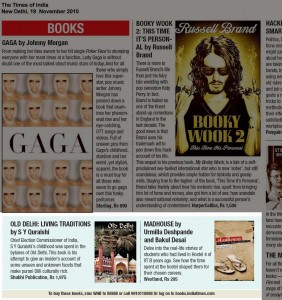
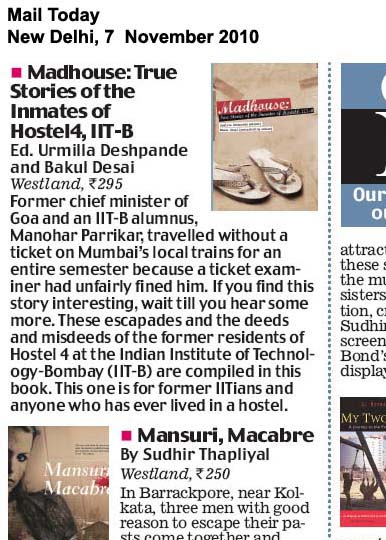
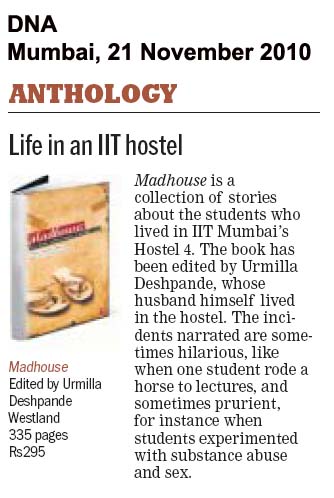
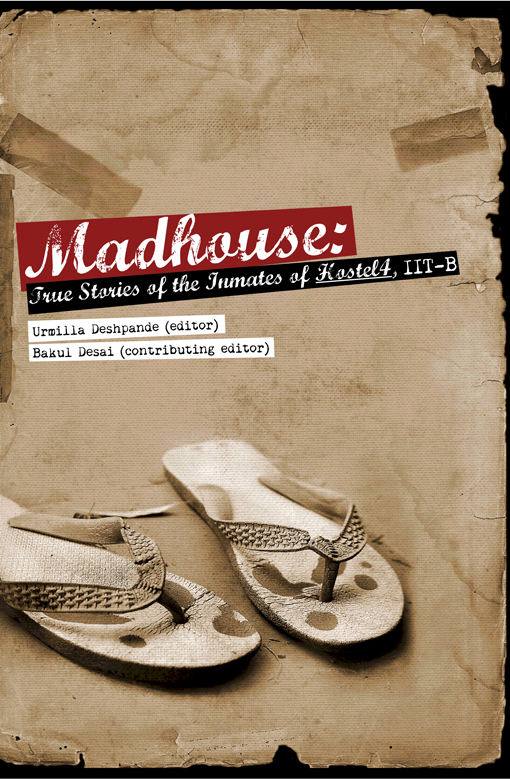
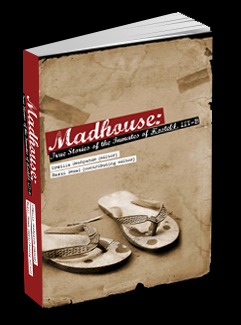
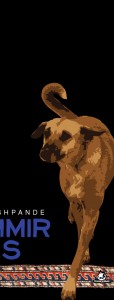
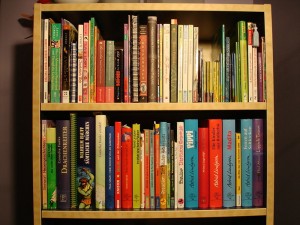 My next book, Kashmir Blues (Westland/Tranqubar), will be published later this year. It made me acutely aware that I was finished with that book, but did not yet have another in the works. Life was taking too much time, all the daily eating and walking and children and cats…
My next book, Kashmir Blues (Westland/Tranqubar), will be published later this year. It made me acutely aware that I was finished with that book, but did not yet have another in the works. Life was taking too much time, all the daily eating and walking and children and cats…